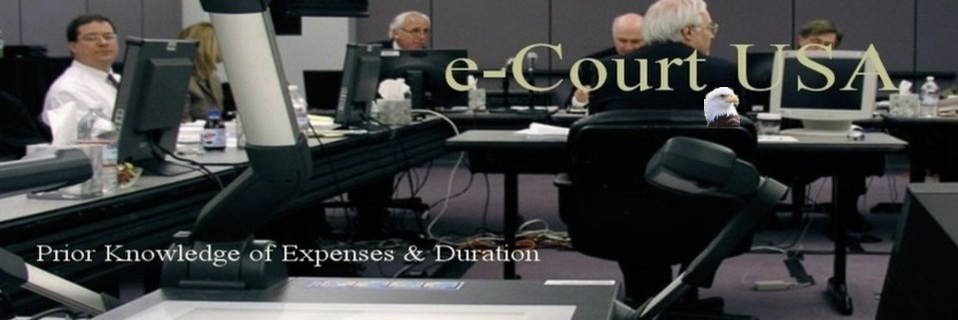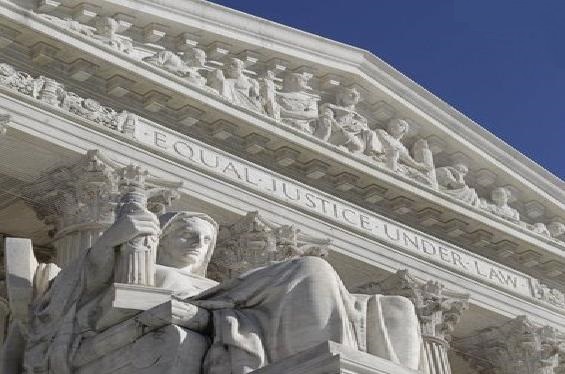The escrow relates to a prepaid fee equal to lawyer/counsel appeal fees and is payable by both parties.
Enforcement of a decision by the e-Court arbitrator can be encouraged in all states outside the state of Louisiana by awarding the "winning" party, the 'loosing' party's prepaid portion of the escrow amount. This applies only when the 'loosing' party, whilst firstly agreeing to abide by the e-Court litigation process does not honor the judgement of the e-Court arbitrator either with regards the standard or appeal procedures, making enforcing not possible. Moreover, the prepaid escrow portion by the "winning" party, will be returned to the 'winning' party at the same time of the e-Court decision with regards the standard or appeal procedures. The escrow money received by the 'winning' party will be used to pay for council costs incurred by the "winning" party to litigate in e-court and/or a traditional government courts. In the unlikely event that there exist a claim and counter claim between parties and enforcing the decision by an e-Court arbitrator is not possible then the prepaid escrow amounts will be used to pay for council fees of both parties to litigate in a traditional government court.
Enforcement of a decision by the e-Court arbitrator with respect to a defendant residing in Louisiana can be legally enforced through a specially designed notarial deed based on the Louisiana civil code.

















